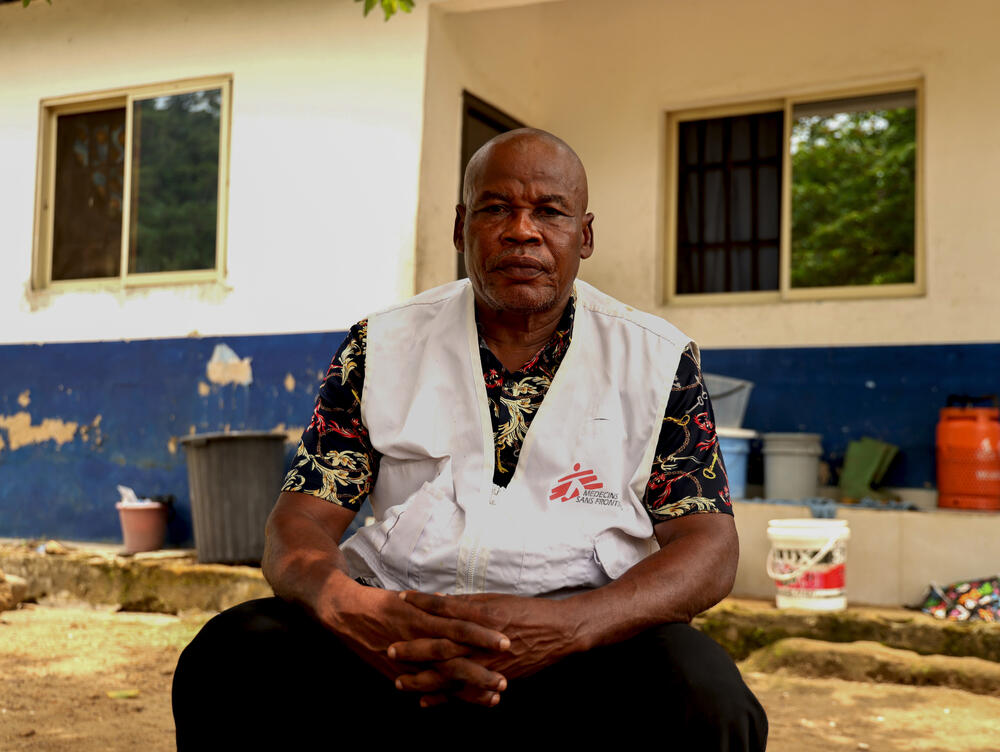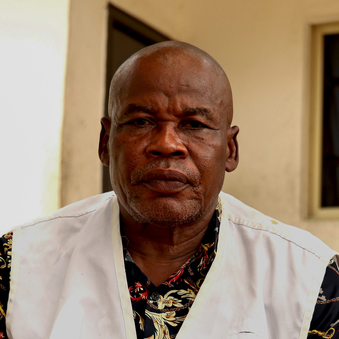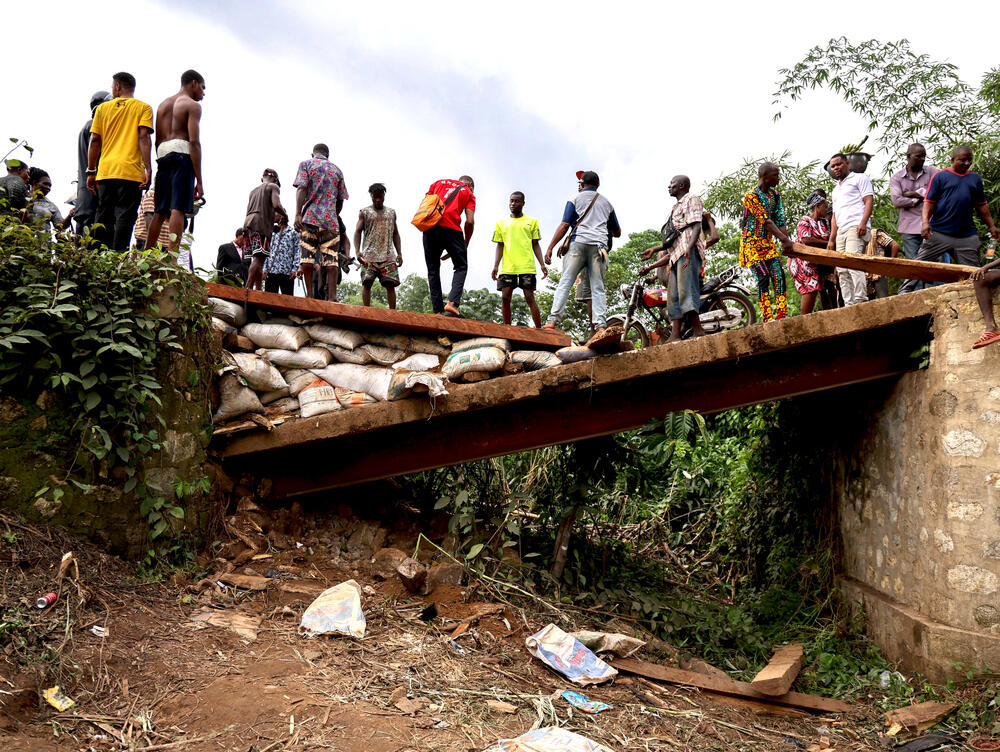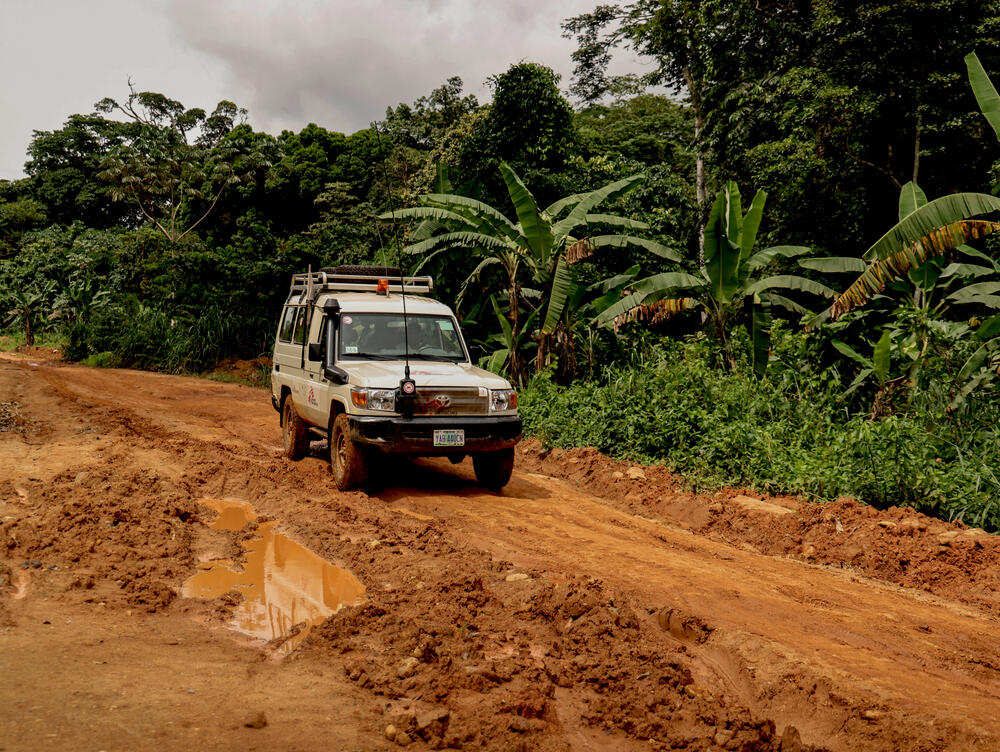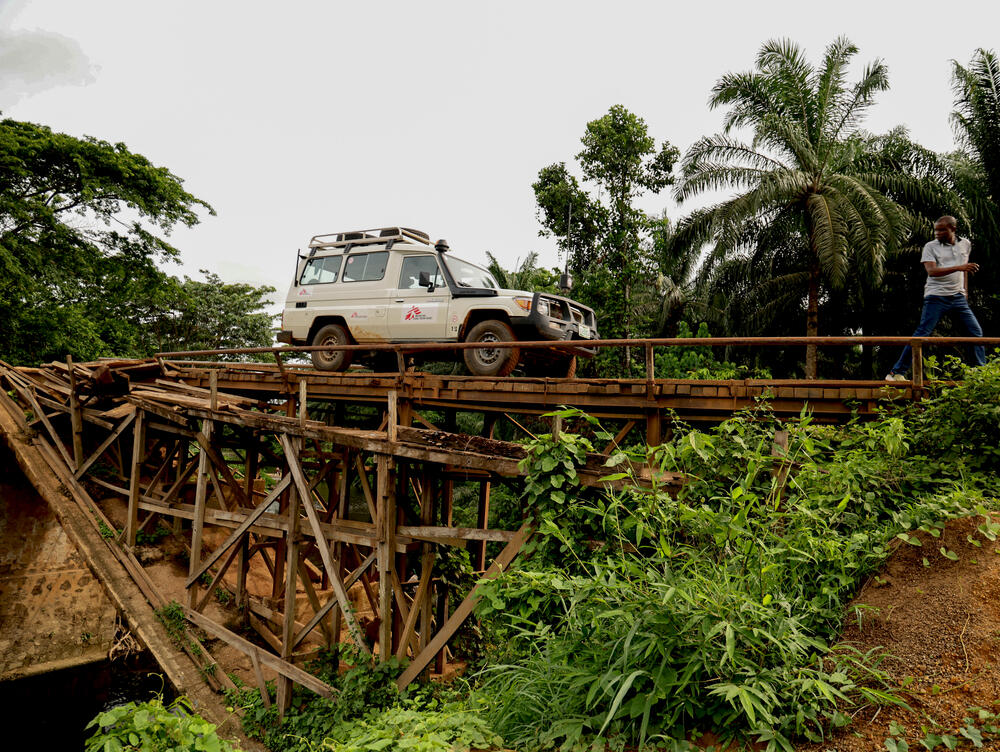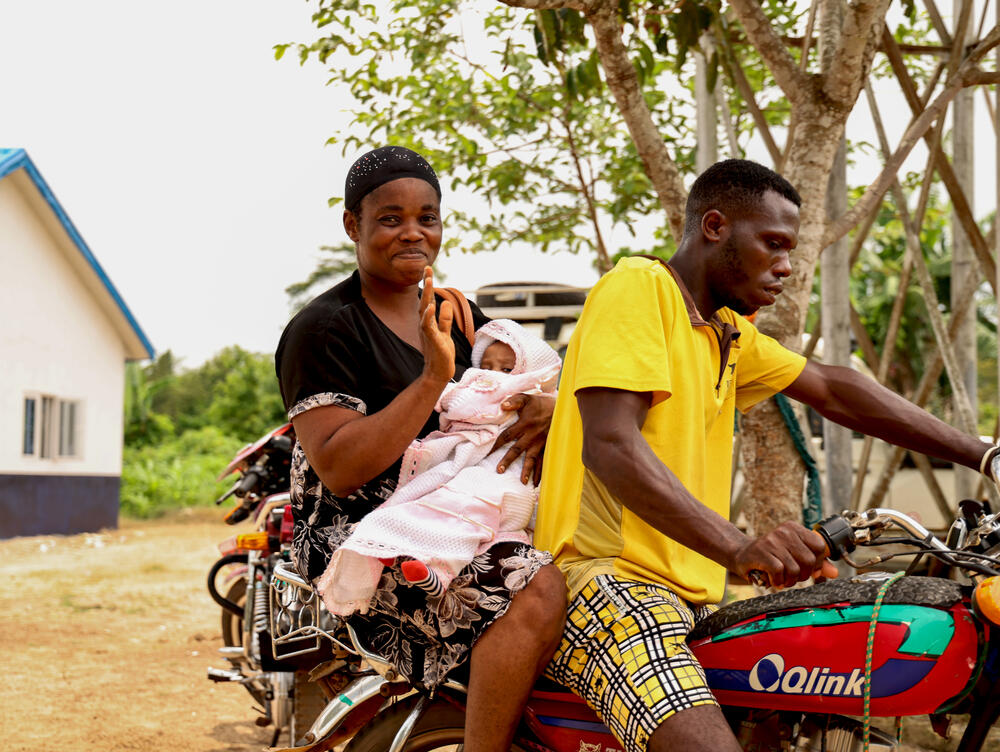Four challenges of delivering healthcare in Nigeria
Patrick has been working for MSF for two years ensuring that patients in need of essential medical care in Cross River get to hospital in time.
Médecins Sans Frontières / Doctors Without Borders (MSF) runs basic healthcare clinics in Cross River, a remote region in Nigeria. These clinics provide people with services such as antenatal care or malaria treatment, and then refer any more serious cases to other hospitals in the area. Patrick is a key part of this.
Even during the dry season, the area is remote and rural, where there is little to no public transportation for people. The rainy season, however, brings a whole host of new challenges…
Background
Cross River is a region in southern Nigeria where access to medical care has always been difficult. Communities in these areas, including an estimated 15,000 refugees from Cameroon, don’t have enough clean water or phone network and lack adequate healthcare facilities.
1 | Fallen trees
“I drive emergency patients to other referral hospitals which can handle more complex issues than we can here. But in Cross River, this is not always simple. The challenge we have is firstly, the weather.
When the rainy season comes, there are windstorms, and these knock down the trees. It can happen suddenly, when you are already out on the road because the rain can come at any time.
If you don’t take a machete, a cutlass or a chainsaw with you, you can end up getting blocked by the fallen trees until the villagers can help you remove them. This can seriously delay patients getting to hospitals, which can have potentially life-threatening consequences.”
2 | Waterlogged roads
“The second challenge we have is the road. From May to October, when it is raining very heavily, the soil texture is very difficult to drive on. Hilly, muddy and slippery.
Some of my colleagues have spent almost half a day trying to dig out the car when it’s got stuck.
Even the off-road vehicles we use sometimes struggle in the mud and you become stuck, wheels spinning but not moving anywhere!
We have to make sure all cars come with all-terrain tyres and an electrical winch so that the driver can get themself out.”
3 | Broken bridges
“In this area, there are a lot of bridges we have to cross. However, these bridges were constructed in 1973, when I was still in primary school. Those bridges are still the same ones we are driving over now.
These are simple wooden bridges and you have vehicles crossing with a load of more than 30 tonnes.
Just today, two bridges have collapsed. Sometimes when we drive over these delicate bridges, all the passengers have to get out and walk across to reduce weight.”
4 | Cost increases
“When I first joined MSF, I worked hard to explain to the community who MSF is and what we do.
Drivers are often the number one advertiser for MSF, the vehicle is the first thing people see. I would encourage people to go to the MSF clinic. If you are sick, you come to the facility and MSF will treat you.
But the challenge is that in the rainy season, the price of taxis and transportation goes up. It can be around four times more. If people don’t come to the clinic, then we cannot refer them, and I cannot drive them to other hospitals.”
MSF in Nigeria
Médecins Sans Frontières / Doctors Without Borders (MSF) has been responding to disease outbreaks and emergency health needs in Nigeria for many years, focusing on maternal and paediatric healthcare throughout the country.
